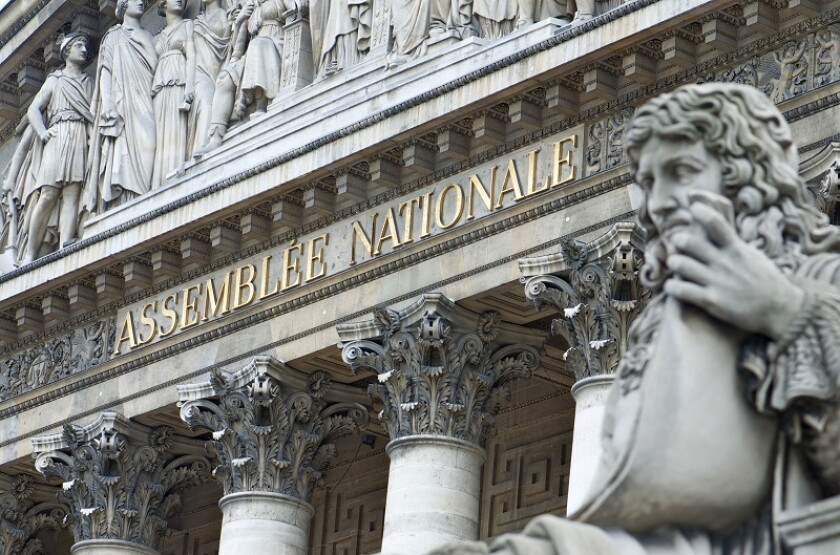
|
Babette Vos |
Dutch partnerships, in particular limited partnerships (commanditaire vennootschappen), have traditionally been a preferred option for investors for a variety of reasons, including the possibility to limit their liability and thereby their own exposure and the possibility to achieve tax transparency. The Dutch law legislation applicable to a limited partnership, as well as to a partnership (maatschap) and a general partnership (vennootschap onder firma) originates from 1838 and is highly in need of modernisation.
The legislator had therefore intended to set new rules for Dutch partnerships in Title 7.13 of the Dutch Civil Code. Under the legislative proposals in relation to the adoption (28 746) and implementation (31 065) of Title 7.13 of the Dutch Civil Code, which is applicable to partnerships, the existing forms of partnerships would be replaced by three types of partnerships, a silent partnership (stille vennootschap), an open partnership (openbare vennootschap) and an open partnership with legal personality (openbare vennootschap met rechtspersoonlijkheid).
One further main difference with the current legislation was that parties would be able to opt for either a partnership with or without legal personality. The first legislative proposal in relation to Title 7.13 dates from December 24 2002 and was amended several times, following which, expectation was that the legislation would now be enacted on short term.
In September 2011, however, the Dutch Minister of Safety and Justice announced that the proposals would be withdrawn. The main driver behind this decision was two letters from VNO-NCW and MKB-Nederland, two influential organisations that represent the interests of the Dutch business community. In these letters the proposals were criticised on the basis that the rules would not serve their main goal of facilitating business conducted through partnerships and for leading to higher Dutch civil law notary costs, as the proposals would necessitate more complex (notarial) agreements for the creation of partnerships.
According to VNO-NCW and MKB-Nederland , the new legislation is not necessary and would not lead to a simplification or decrease in administrative burdens. It was also suggested that legal practitioners would agree with these points, although it is not made clear who exactly is meant by this. On this point, it is notable that a committee representing Dutch law attorneys-at-law (advocaten) and civil-law notaries (notarissen) had, in January 2010, already made clear that it hoped for a quick implementation of the legislative proposals 7.13 to resolve the legislative vacuum that exists under the old – and very concise – existing Dutch law rules on partnerships.
One of the most important benefits of the proposals would have been more flexibility. It would, for example, have become less complicated to convert a partnership to a Dutch law legal entity (NV or BV) and for partners in a partnership to transfer their partnership interests.
Now that the legislative proposals have been withdrawn, the original legislation, which has not changed since 1838, remains in place. The old rules are difficult to understand: they are concise, written in archaic Dutch, and were drawn up in times when the uses of partnerships were quite different from the demands of modern business.
The Dutch government has not yet clarified what legislative steps will now be taken next with a view to replacing these rules. In the meantime, market parties and their legal advisers will need to continue to structure Dutch law partnerships on the basis of the old rules and accept their flaws and potholes, with which parties are perhaps by now acquainted – although this does seem a somewhat thin excuse.
Babette Vos
